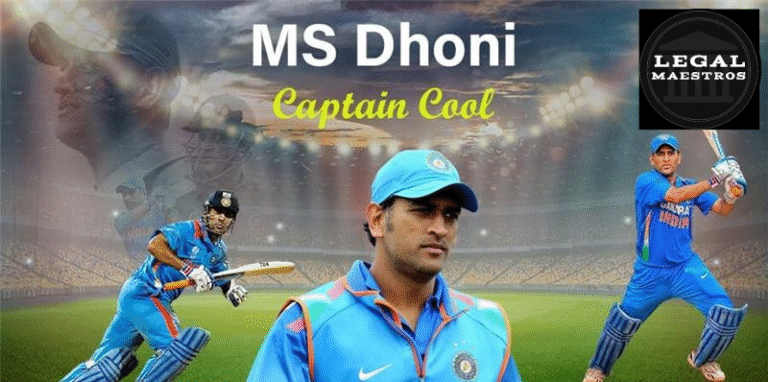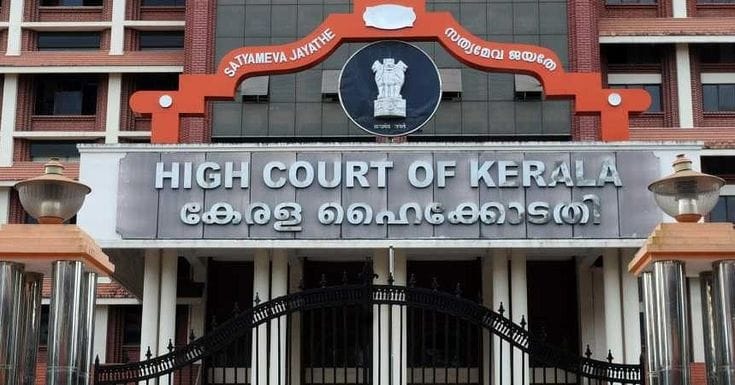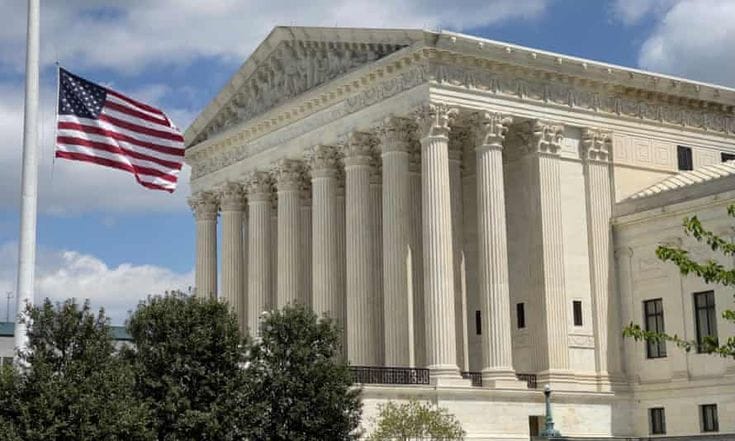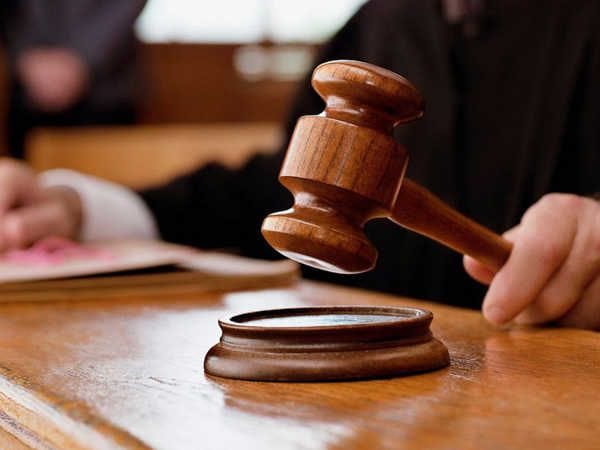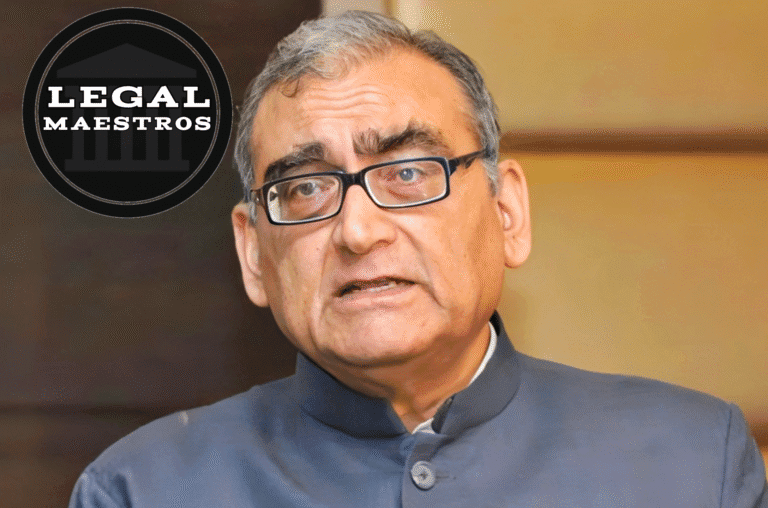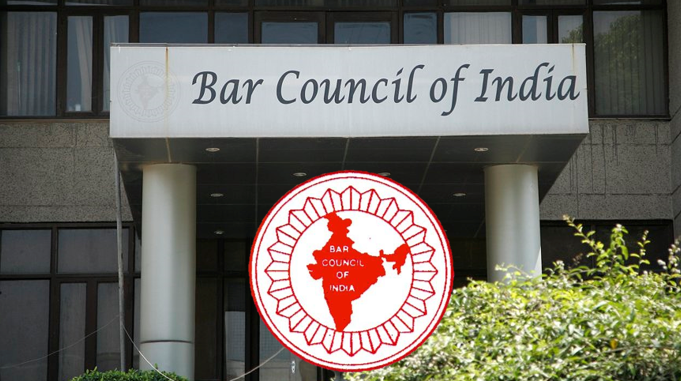
bar council of india news
The Legal Profession’s Ethical Framework
The legal profession in India is held to high ethical standards, emphasizing integrity, impartiality, and dedication to justice. Advocates are expected to serve society by upholding the law, rather than engaging in commercial activities that could compromise their objectivity and the profession’s dignity.
Prohibition of Advertising in Legal Practice
For upholding these ethical norms, the Bar Council of India (BCI) imposes tight rules against advertisement by legal professionals. Rule 36, Chapter II, Part VI of the BCI Rules strictly forbids advocates from soliciting business or advertising their services directly or indirectly. This encompasses all kinds of advertisement like circulars, advertisement, personal communication, and publication in the media.
Recent Violations and BCI’s Response
There has been a remarkable surge in the recent past, where advocates and law firms have been using social media sites, marketing videos, and celebrity endorsements to promote their services. These practices are considered breaches of the laid-down codes of conduct by the legal profession.
For More Updates & Regular Notes Join Our Whats App Group (https://chat.whatsapp.com/DkucckgAEJbCtXwXr2yIt0) and Telegram Group ( https://t.me/legalmaestroeducators ) contact@legalmaestros.com.
For example, a prominent law firm recently came under fire for posting an Instagram reel with a Bollywood actor promoting the firm. The incident elicited scathing responses from the legal fraternity, leading the BCI to give strict warning against such promotional efforts.
BCI’s Directives to Maintain Professional Integrity
In light of these events, the BCI has issued a range of mandates that seek to stem unethical advertising and maintain the sanctity of the profession:
- Immediate Withdrawal of Violative Advertisements: Activists and law firms are directed to immediately withdraw any advertisements that violate Rule 36. This involves withdrawing banners, promotional items, and online advertisements pertaining to legal services.
- Prohibition on Celebrity Endorsements: The utilization of Bollywood actors, celebrities, or influencers for promoting legal practices is prohibited. Such endorsements are considered to commodify the profession inappropriately.
- Stopping Unauthorized Legal Advice: The people who are not enrolled as advocates are prohibited from spreading legal advice. This is done to prevent the spread of incorrect information and safeguard the public against untrustworthy advice.
- Ban on Solicitation through Online Platforms: Counselors are not allowed to use social media or online platforms for soliciting legal work directly or indirectly. This is to prevent legal services from being pursued through aggressive advertisement and instead being chosen based on reputation and merit.
- Digital Platforms’ Responsibility: Digital platforms are called upon to have robust vetting processes for legal content and promptly delete any deceptive information. This collective action is important in upholding the profession’s integrity in the digital world.
Consequences of Non-Compliance
The BCI has reinforced that any breach of these guidelines will incur severe disciplinary actions. These can range from suspension or cancellation of enrollment for advocates in contravention to referral of cases to the Supreme Court for contempt proceedings and laying of formal complaints with online platforms carrying unethical content.
Judicial Support for BCI’s Stand
The judiciary has uniformly upheld the BCI’s stand with regard to upholding ethical standards of the legal profession. In a seminal judgment, the Supreme Court emphasized that legal practice is a noble service orientated towards justice, integrity, and fairness and cannot be commodified by commercial advertisement or solicitation.
In the same vein, the Madras High Court emphasized that marketing legal services degrades the nobility and integrity of the profession. The court deplored the solicitation of legal business on online platforms, holding that the same is contrary to the Advocates Act, 1961, and the BCI Rules.
The Emergence of Legal Influencers and Related Risks
The emergence of digital media has led to the rise of so-called legal influencers who, lacking proper qualifications, spread legal tips on social media. Most of them deal with serious legal topics like matrimonial disputes, tax, intellectual property rights, laws of citizenship, privacy rights, and GST compliances.
But the dissemination of wrong or misleading interpretations of seminal judgments and legal provisions by unqualified persons has resulted in mass confusion, poor legal decisions, and an unnecessary burden on the judiciary.
BCI’s Steps to Counter Misinformation
To counteract these ethical violations and dissemination of misinformation, the BCI has made it mandatory:
- End of Misleading Guidance: Non-enrolled individuals acting as advocates should end the giving of legal guidance, particularly if it is misleading or unauthorized.
- Accountability of Digital Platforms: Online platforms need to have rigorous screening procedures for legal content and remove any misleading information immediately to avoid deceiving the public.
Appeal to Legal Practitioners and Digital Platforms
The BCI invites all legal practitioners and digital platforms to adhere scrupulously to these instructions. Maintaining ethical standards is necessary to ensure public trust and the respected tradition of the legal profession. Upon following these guidelines, advocates and platforms can guarantee that legal practice is a noble service committed to justice and public welfare.
The recent move of the BCI is reflective of its interest in upholding the dignity and integrity of the legal profession. In condemning immoral advertising and acting against misinformation, the BCI seeks to promote the highest level of ethical practice among legal practitioners, thus maintaining public confidence in the justice system.
Table: Comparison of BCI Directives and Reasons for Condemnation
| Directive | Reason for Condemnation |
|---|---|
| Immediate withdrawal of violating ads, ban on celebrity promotions | Legal profession rooted in public trust, distinct from commercial ventures, erodes trust with commercialization. |
| Removal of banners, digital ads, and prohibition on social media solicitation | Advocates leveraging public events for self-promotion (banners, stalls) is unethical canvassing, demeans dignity. |
| Cessation of misleading advice by non-enrolled individuals | Legal influencers spread misinformation, causing confusion on issues like CAA, privacy rights, GST, judicial burden. |
| Digital platforms to vet content, remove misleading info | Misleading interpretations of judgments like CAA, Right to Privacy ruling lead to misguided decisions. |
| Disciplinary measures for non-compliance | Unethical practices undermine profession’s ethical foundations, risk public trust and access to justice. |
Key Citations
- BCI condemns unethical legal advertising by advocates and legal influencers issues directives SCC Online
- BCI Prohibits Advocates Using Actors & Influencers For Promotion Cautions Against Soliciting Legal Work Through Social Media Live Law
- BCI warns against legal misinformation bans influencer promotions The Hindu
- BCI Slams Legal Advertising on Social Media Amid DSK Legal Controversy The420.in
- After DSK Legal ads BCI condemns lawyers advertising services on social media Bar and Bench
- BCI Bans Social Media Ads and Celebrity Endorsements for Legal Services Legal Bites
- BCI Warns Legal Professionals of Unethical Practices on Social Media Taxscan
- BCI Cracks Down on Unethical Legal Advertising Law-Order Dev Discourse
- BCI Warns Lawyers Against Social Media Ads Celebrity Endorsements Kashmir Dot Com
- BCI Cracks Down on Legal Misinformation Bans Influencer Promotions Vygr News
